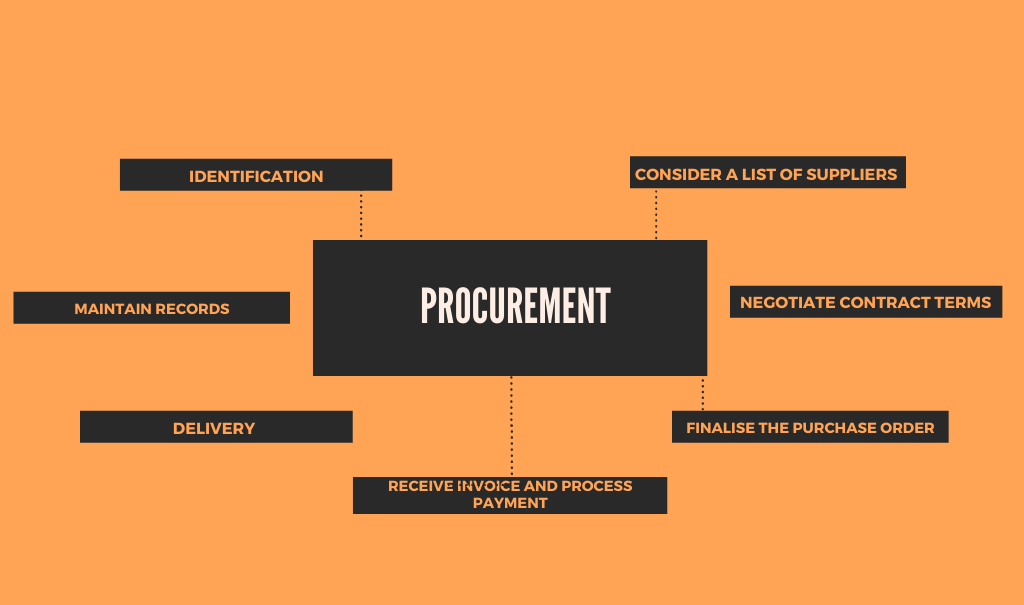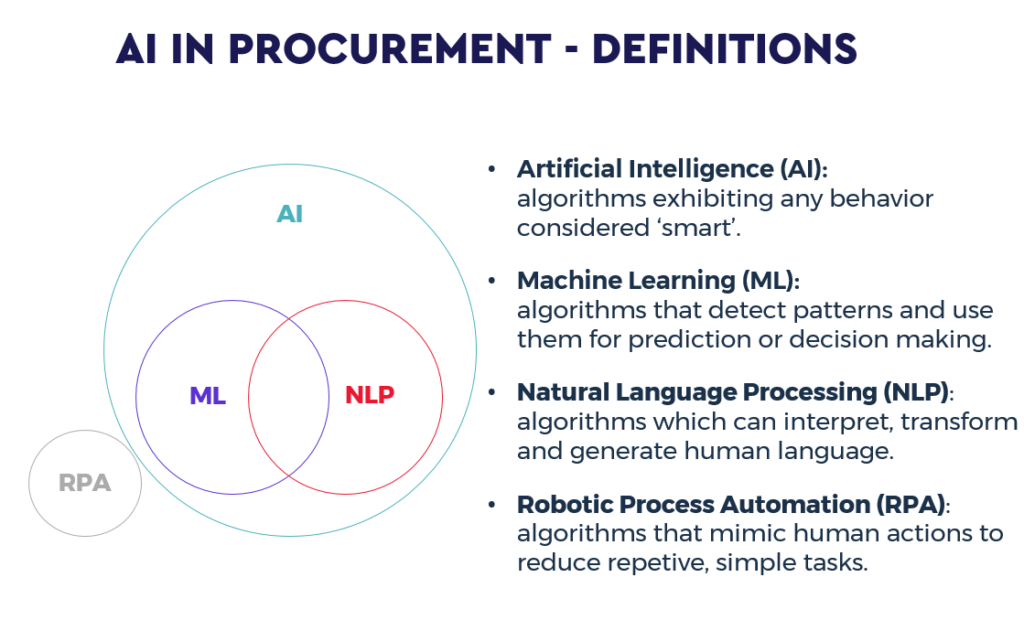AI or Artificial Intelligence is the future or will be a big part of our future. The machine shall play a big role in tech-driven industries like automobile, eCommerce, finance, and infrastructure. Similarly even in departments like manufacturing, delivering, and procurement.
Artificial Intelligence shall change the course of human lives, and indeed it will. Technological hype is nothing uncommon and in past has failed to deliver. Meanwhile, AI is still in its nascent stage. A powerful nascent stage. Future applications shall bring about enormous changes, but AI is already present in our everyday lives. Alexa, Siri, Amazon, and Netflix are prime examples.
There are two types of AI to exists-
⦁ Software: virtual assistants, image analysis software, search engines, speech and face recognition systems
⦁ “Embodied” AI: robots, autonomous cars, drones, Internet of Things
When one imagines AI at work, they imagine a classic Terminator. However, that’s not the case in reality. AI is as simple as suggesting new shows with highly accurate predictive technology. There are several industries that are actively using AI or machine learning on a daily basis. For instance, Healthcare industries have seen a reduction in the time taken to analyze large quantities and discover patterns. This shall lead to new discoveries and improve diagnostics.
In a 2018 survey done by Deloitte’s Global Chief Procurement Officer about 45% of CPOs declared that they were using, piloting, or planning to use AI.
The technology in Procurement
McKinsey reports that tech-savy organizations that have optimized digital transformation yield the same profits as those who have invested extensively in AI. Companies should no longer delay their adoption of AI aided technology as it can prove to be heavily disadvantageous.
The use of the AI in Procurement process allows organizations to resolve complexities in a more effective and efficient way. Similarly, it uses a set of smart computer algorithms for the same.
Procurement is a complex and intellectual process of bidding, contract making, and agreeing terms. However, sometimes the most educated humans get stuck in scenarios where they require smart solutions to get out of it. This is where AI comes into play in procurement as the software help in understanding the complex nature of the deals, observes the patterns, and presents a smart solution on the table for the ones in procurement. Hence AI is the newest addition to many procurements.

7 key steps in Procurement process
AI can have four definitions in the process of procurement. Any software solutions that include self-learning, smart algorithms can be considered AI. In addition, Artificial Intelligence, Machine Learning, Natural Language Processing, and Robotic Process Automation are four forms of AI.

AI Software in Procurement
Some of the widely used AI softwares in this process include RiskIntelligence (Supplier Risk Management), Ada (Purchasing), Tealbook (New Supplier Identification), and Seal Software (Contract Management Software).
Key areas AI can support Procurement:
⦁ Decision making- AI provide analytics and insights based on big data to make quality decisions.
⦁ New opportunities- Due to large amount of data available, AI helps in identifying new savings or revenue opportunities.
⦁ Operations- The technology allows to streamline internal business operations, be it several business units or multiple geographic locations.
⦁ Automated manual tasks- AI automates several time consuming tasks like monthly processes or procurement performance report.
⦁ Time- With AI taking care of routine daily tasks, it allows manpower to be used for creative or strategic tasks.
⦁ Suppliers or markets- Additionally to financial opportunities, due to vast amount of data, AI can identify new pool of suppliers or markets.
⦁ Optimization- AI allows to make the supplier relationship management more data oriented.
Five ways AI will boost procurement process
⦁ Purchase to pay- The purchase to pay (P2P) process manages and records procurement transactions. It is automated to an extent in many organizations. Additionally AI shall be beneficial in areas like automated invoice processing, helping systems to handle non-standard invoices or identify potential frauds.
⦁ Sourcing- AI is already being used in the area of sourcing. For instance, now the technology can heavily scrutinize the ‘request for proposal’ or ‘invitation to tender’ processes. By analyzing data from past, AI will help design the process and documents and support the evaluation. Furthermore, it will check the necessary accreditation or certification required for the work.
⦁ Contract management- The technology is already being used to analyze existing contracts in the organizations for terms and conditions. These terms may be risking for buyers. Therefore, the technology shall construct new contracts, with appropriate clauses and terms. It also shall identify the information needed to manage, produce, record, and report.
⦁ Risk management- AI shall improve an organizations to understand data and information available about risk management. It helps in identifying relevant information about the organization, putting it on the right people effectively, and ensuring data into action.
⦁ Innovation- Supply markets are a potential pool of idea and competitive advantage. Finding suppliers that can provide real value is not always easy. Especially as many are likely to be smaller and younger firms.
Artificial Intelligence is going to impact the workforce sooner than expected. And it is highly recommended that organizations and individuals optimize the power of AI sooner than later. AI shall be important for the manpower as well as the economic factors of an organization.